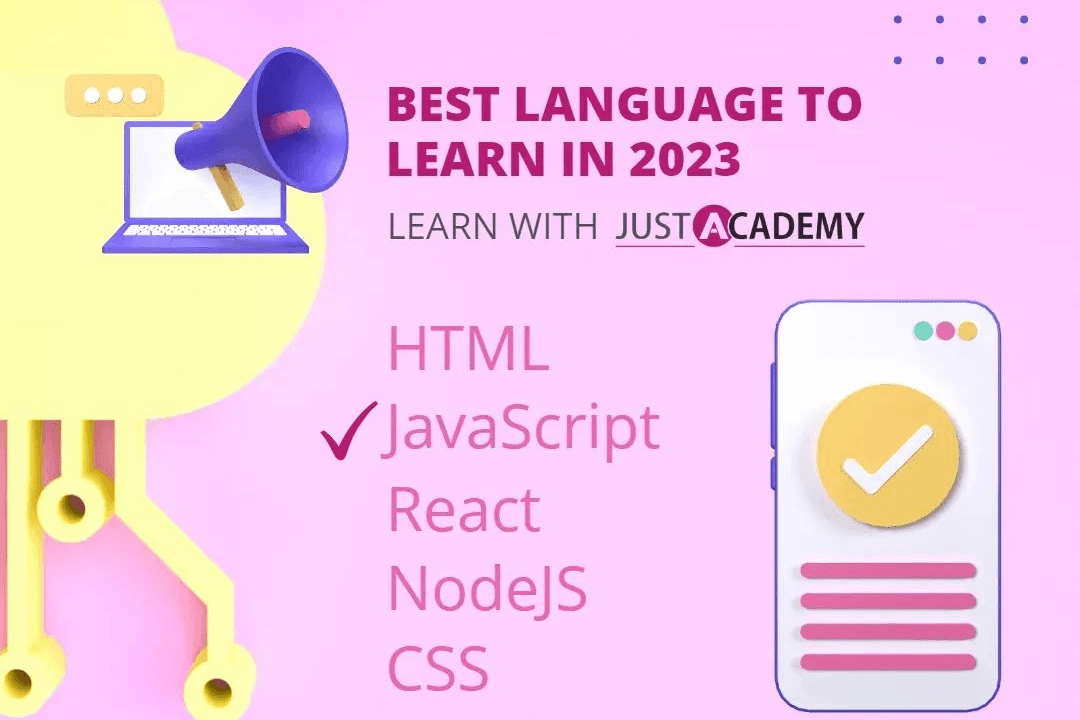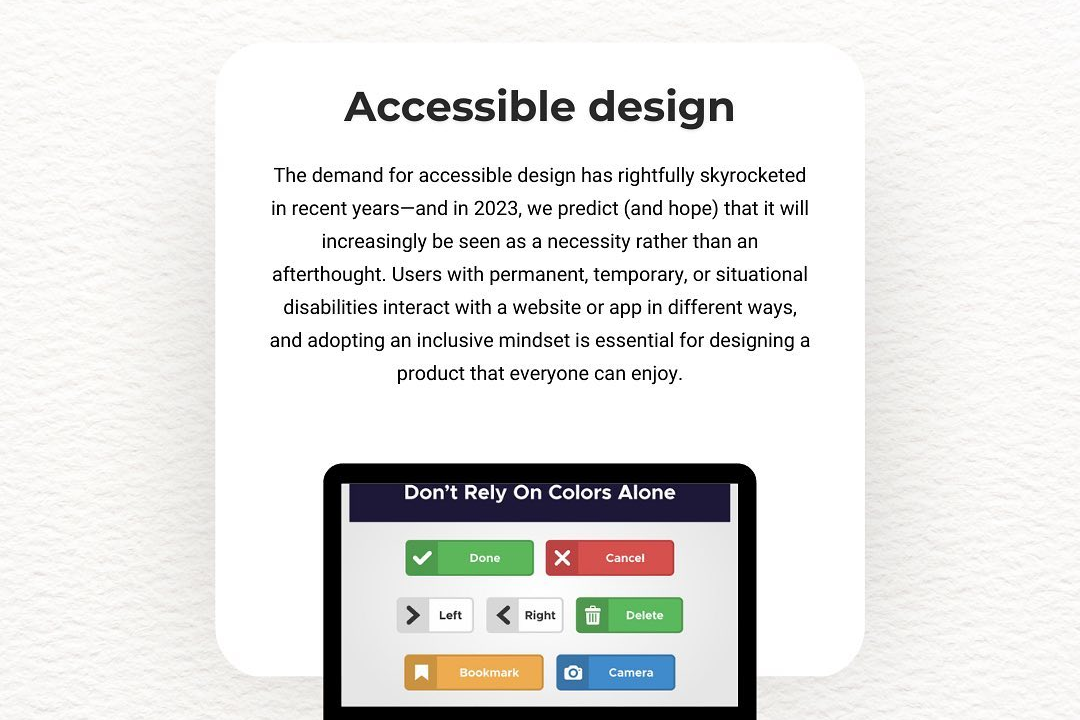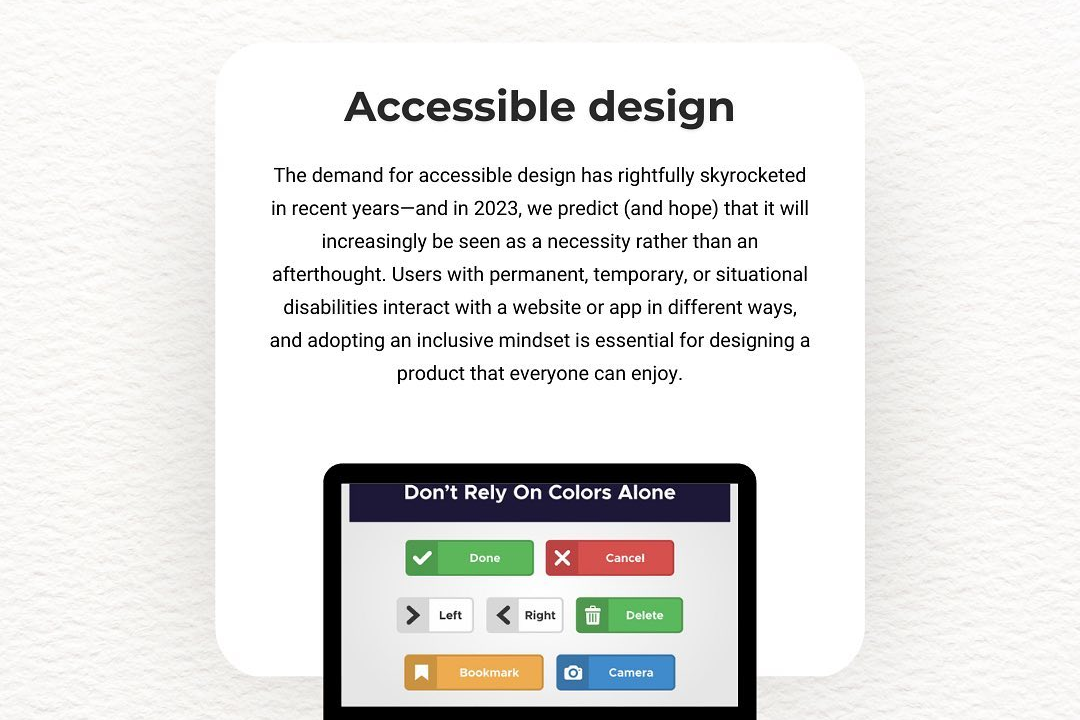Android Basics Nadia
Fundamentals of Android Development with Nadia
Android Basics Nadia
Android is a mobile operating system developed by Google, primarily based on the Linux kernel, designed for touchscreen devices such as smartphones and tablets. Introduced in 2008, Android provides a rich application framework that allows developers to create innovative apps and games using Java and Kotlin programming languages, as well as various APIs. The platform features a user-friendly interface with customizable home screens, widgets, and notifications. Android supports a wide range of features including multitasking, connectivity options (like Wi-Fi, Bluetooth, and mobile data), and a vast ecosystem of applications available through the Google Play Store. It also places a strong emphasis on security and user privacy, continually enhancing its safeguards through regular updates.
To Download Our Brochure: https://www.justacademy.co/download-brochure-for-free
Message us for more information: +91 9987184296
1 - Introduction to Android: Overview of the Android operating system, its history, and its significance in the mobile technology landscape.
2) Android Architecture: Explanation of Android’s architecture including the Linux kernel, Android Runtime (ART), libraries, and application framework.
3) Android Development Environment: Introduction to Android Studio, the official Integrated Development Environment (IDE) for Android development, and its installation process.
4) SDK and AVD: Understanding the Android Software Development Kit (SDK) and Android Virtual Device (AVD), including how to set them up for testing.
5) Activity and Lifecycle: Explanation of an Activity as a single screen with a user interface and its lifecycle methods (onCreate, onStart, onResume, etc.).
6) Layouts and Views: Overview of different types of layouts (LinearLayout, RelativeLayout, ConstraintLayout) and views (TextView, Button, ImageView) used to create user interfaces.
7) Intents and Intent Filters: Understanding Intent for communicating between components and Intent Filters for specifying what types of intents a component can respond to.
8) Services: Introduction to Services, which run in the background to perform long running operations without a user interface.
9) Broadcast Receivers: Understanding how to create and register Broadcast Receivers to respond to system wide broadcast announcements.
10) Content Providers: Explanation of Content Providers for sharing data between applications and accessing data from a database or file system.
11) Permissions: Overview of app permissions in Android, how to request them at runtime, and why they are important for user privacy and security.
12) Storing Data: Introduction to different methods of data storage in Android including SharedPreferences, SQLite databases, and file storage.
13) Networking: Basic networking concepts including how to make HTTP requests and handle JSON responses using libraries like Retrofit and Volley.
14) User Input and Event Handling: Explanation of handling user input through UI elements, and managing events like clicks and touch interactions.
15) Resources and Localization: Understanding how to manage app resources (strings, images) and support multiple languages through localization.
16) Debugging and Testing: Best practices for debugging Android applications using Android Studio's debugging tools and unit testing frameworks.
17) Publishing and Distribution: Overview of preparing an application for distribution, including building APKs and publishing to Google Play Store.
18) Latest Android Features: Brief introduction to the latest features in recent Android versions (like Jetpack, Kotlin support, and UI/UX enhancements).
This foundational knowledge will provide students with a solid starting point for developing Android applications and understanding mobile development principles.
Browse our course links : https://www.justacademy.co/all-courses
To Join our FREE DEMO Session: Click Here
Contact Us for more info:
- Message us on Whatsapp: +91 9987184296
- Email id: info@justacademy.co












